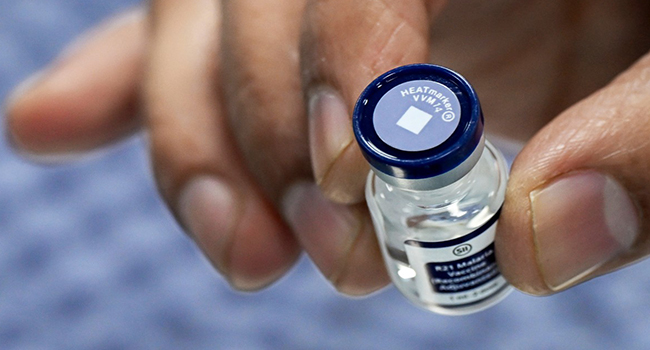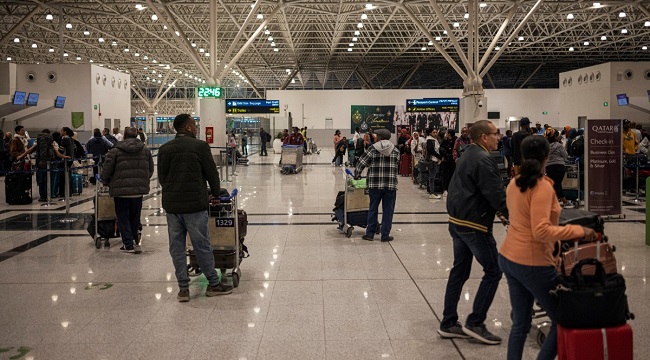
UNESCO believes most of some 300,000 centuries-old texts, ranging from scholarly treatises to old commercial invoices, are safe, although around 2,000 manuscripts may have been lost at the ransacked Ahmed Baba Institute in Timbuktu.
Written in ornate calligraphy, the brittle texts represent a compendium of human knowledge on everything from law, sciences and medicine to history and politics, which academics say prove Africa had a written history at least as old as the European Renaissance.
Equipment installed at a library in Timbuktu to start digitizing them was smashed by the rebels, and computers holding data were burned, as they fled the ancient city last month ahead of its liberation by French forces, said UNESCO’s assistant director-general for culture, Francesco Bandarin.
The Paris-based agency will chair the February 18 meeting, send experts to Mali to assess the damage and try to raise funding to scan and preserve surviving texts, its director-general Irina Bokova said on Friday.
The damage to Mali’s tangible heritage wrought by the rebels is likely to be around $4-5 million, but the cost of rebuilding mausoleums and digitizing tens of thousands of manuscripts was harder to estimate, she told a news conference.
“We will send a mission of experts to assess the damage once security conditions allow so we can make an estimate of what we need,” said Bokova, who visited Timbuktu, a UNESCO world heritage site, with French President Francois Hollande last week.
“We have the basis of a plan of action and we will expand on this at a round table on the 18th,” she said.
Bandarin said 11 mausoleums and tombs had been destroyed during the rebel occupation of northern Mali, but UNESCO planned to rebuild them using photographs and local experts.
He said Mali’s ancient artefacts also needed protection from international trafficking gangs, who run a trade worth some $6-8 billion a year and have taken advantage of recent chaos in countries like Libya to loot items.
Staff at a museum in Bamako now storing some of the Malian manuscripts for safekeeping will attend the February 18 meeting and receive training in keeping the texts safe.
“The lesson from this is clear. Cultural artefacts are exposed to crises and need to be protected,” Bandarin said.




